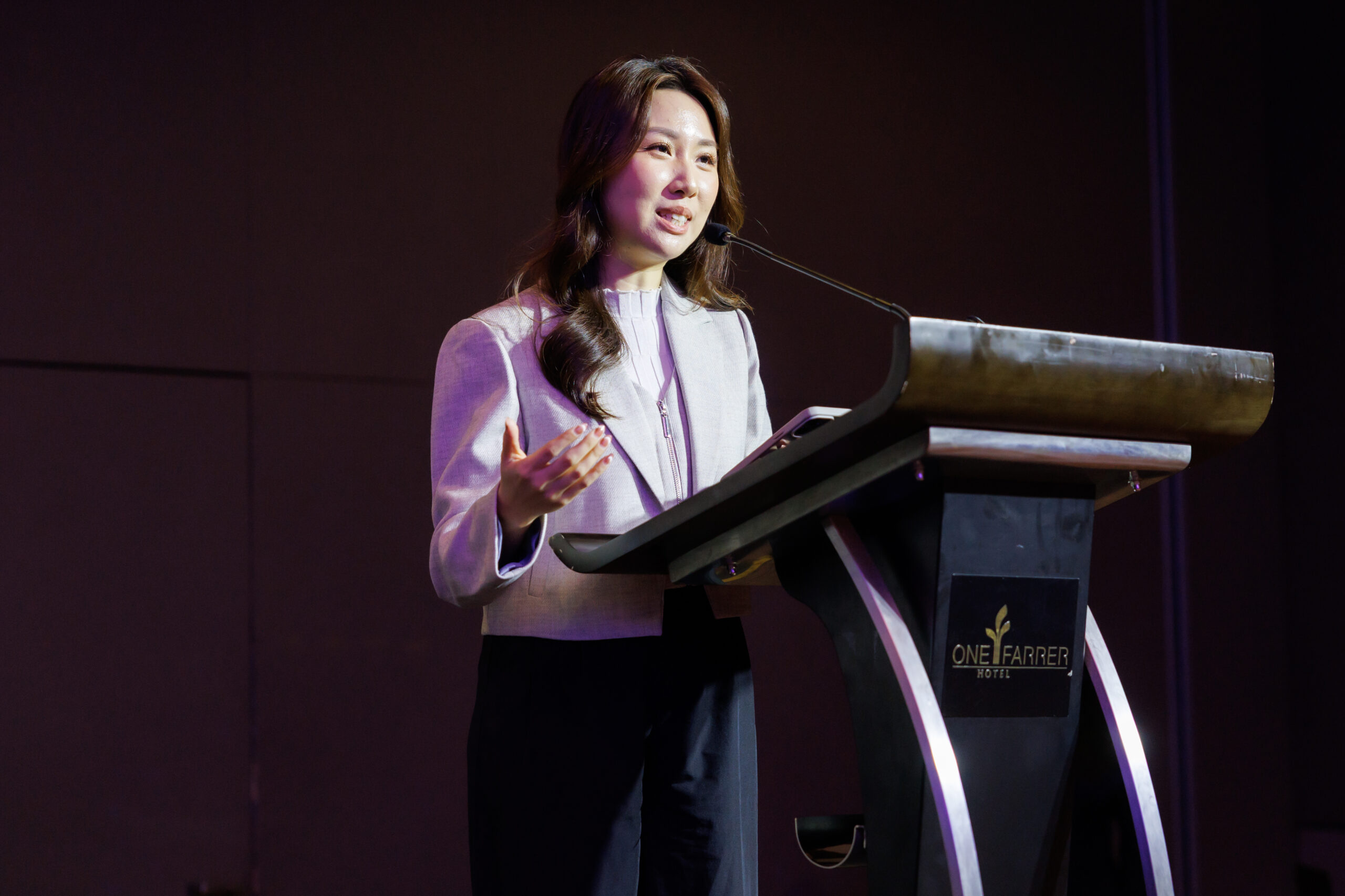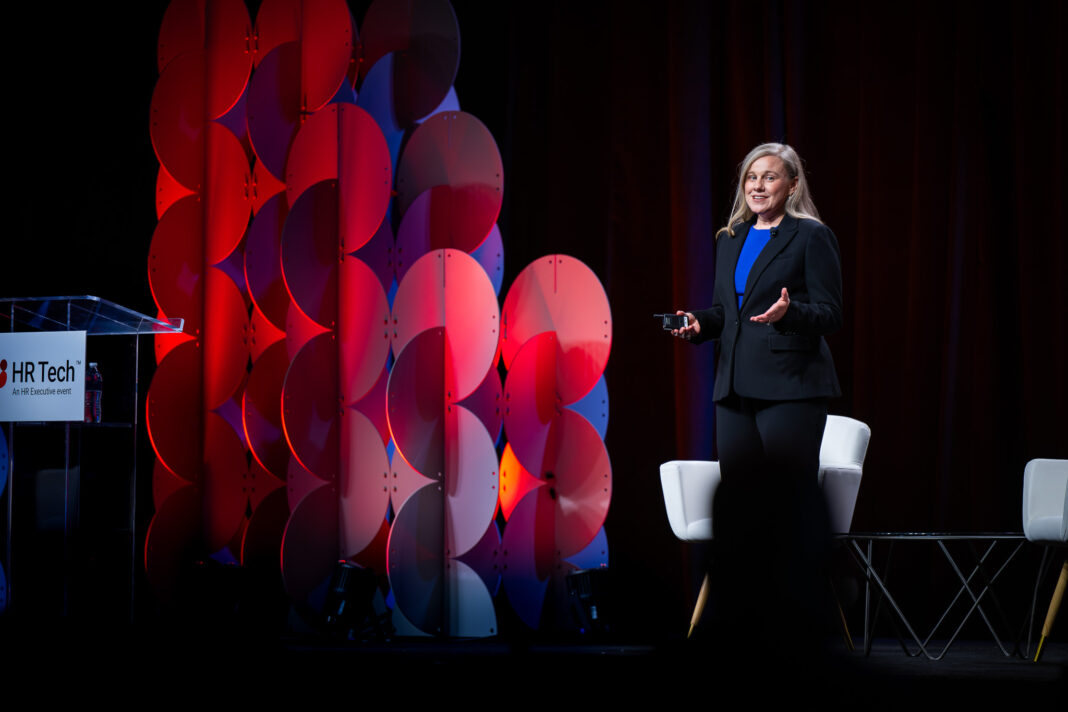Examining the pandemic’s impact on women in the workplace
- HRM Asia Newsroom

According to researchers at McKinsey, between January 2015 and December 2019, the number of women in senior vice-president positions increased from 23 to 28 percent. Similarly, the number of women in the C-suite rose from 17 to 21 percent. Women were underrepresented; however, slow progress was being made.
Women’s participation in the leadership ranks delivered positive impact on organisations and employees. This stance was clearly evidenced by Potential Project’s findings that 55% of the women in their recent study were ranked as wise and compassionate, two key traits attributed to strong leaders.
Potential Project’s research uncovered additional implications: By driving more engaged employees, women leaders save organisations at least US$1.4 million annually per 1,000 employees. The cost savings is further amplified by research by Gallup. According to their research, it costs between $30,000 and $120,000 to replace a worker (assuming an average salary of $60,000.)
As if these figures were not compelling enough, the crushing impact of the pandemic on women decelerated progress on numerous fronts. In the first year of the pandemic, fifty-four million women around the world left the workforce.
Women were disproportionately represented in those industries struck hardest by COVID-19, such as hospitality and food services, healthcare and social work and retail. Industry-mix has further contributed to job losses during the pandemic, combined with the burdens of family care and home schooling.
The crisis created by the pandemic illuminated old wounds. Aside from the uphill climb into the leadership ranks, on average, family responsibilities fall on women. According to McKinsey, women do an average of 75 percent of the world’s total unpaid-care work. In some regions, such as South Asia and MENA, women’s share of unpaid-care work is as high as 80 to 90 percent.
Working mothers felt the impact of the public-health crisis, which reignited material bias and stereotypes. Balancing caregiving with career requirements forced drastic decisions that have long-standing consequences for individuals and organisations.
Is there a path forward to reinvigorate women’s progress in the workplace? Yes, however, old ways of solving these new problems will not work. The pandemic did not simply disrupt the workplace, it disrupted life. The biggest lessons learned during this global-health crisis were how interconnected – and vulnerable – we are.
Putting business results before people’s well-being is indefensible, especially as people reluctantly come back into the physical workplace. Managers who lead with caring and empathy garner trust from their employees. And leaders are the single biggest contributor to how employees experience work, especially post-pandemic.
According to McKinsey, this gender-regressive reality might mean that global GDP growth could be $1 trillion lower in 2030. Conversely, taking action to advance gender equality could add as much as $13 trillion to global GDP by the same year.

“Creating female-friendly cultures of diversity and inclusion require quickening the commitment to flexible working, diverse recruiting, and leadership development.” – Jeanne Achille, Founder and CEO, The Devon Group.
The facts are straightforward and indisputable. Smart employers are committing to real change, quickly. To help attract women back into the workforce, nine out of ten organisations surveyed by McKinsey already plan to offer a combination of remote and on-site working. In December 2021, LinkedIn optimistically reported that female internal promotion rates recently increased by 11.4%.
The importance of gender equity cannot be ignored, especially given the destructive impact of the global pandemic on what was only tenuous progress. Creating female-friendly cultures of diversity and inclusion require quickening the commitment to flexible working, diverse recruiting, and leadership development.
Jeanne Achille is Founder and CEO, The Devon Group. She is also the Programme Chair for the Women in HR Tech Summit at HR Tech Festival Asia 2022, which is taking place from May 10-13. Join Jeanne on Wednesday, May 11, from 10-10.15am (SGT), where she will be giving the welcome address to kick off the Women in HR Tech Summit.






